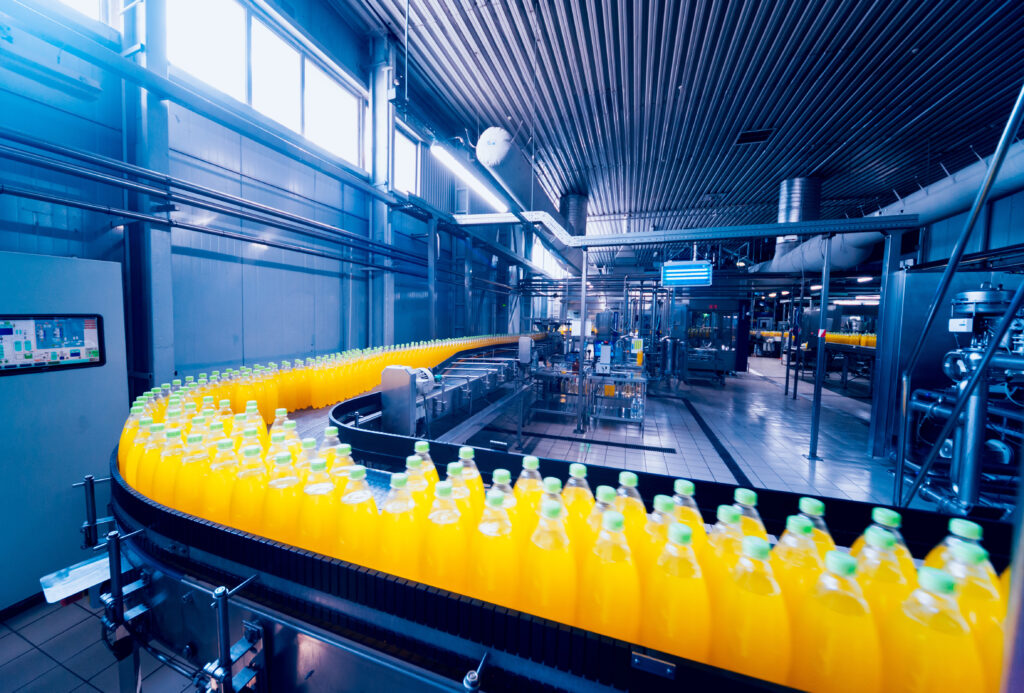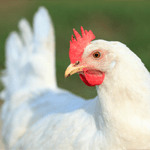
By Brandon Taylor, Chief Revenue Officer
SUSTAINABILITY
General Mills and Walmart Join Forces To Advance Regenerative Agriculture Across 600,000 US Acres by 2030

The General Mills, Walmart and Sam’s Club collaboration will seek to support farmers in practices that aim to improve soil health, water quality and carbon sequestration across their shared value chain. The announcement represents the approximate number of acres General Mills engages to source key ingredients for its products sold through Walmart and Sam’s Club. Initial projects will be supported through grants administered by the National Fish and Wildlife Foundation (NFWF) and seek to advance regenerative agriculture outcomes across a variety of crops, including wheat, in the Northern and Southern Great Plains.
Source: Walmart
ECONOMIC
Food and Drink Inflation Reported in US and UK

The US Bureau of Labor Statistics’ all-items headline measure of inflation held at 3.7% in the 12 months through September, leaving markets guessing whether the US Federal Reserve will pause in its tightening cycle.
As is the case in the UK, the US central bank has a target of getting annual inflation down to 2%, although the month-on-month rise in prices slowed to 0.4% from 0.6%. The UK, which saw annualized prices ease to 6.7% in August from 6.8% in July, reports its September numbers on 18 October.
United States overall food and soft drinks price increases (at-home and away-from-home combined) rose 3.7% in September annualized, cooling from 4.3% in August. Grocery inflation in the US, or the food-at-home consumer price index, including soft drinks, climbed 2.4% in the 12 months through September, the Bureau reported.
In the UK, the price of food and non-alcoholic drinks rose 13.6% in August, down from 14.9% in July.
Source: GlobalData.
FOOD SUPPLY
Gene-edited Poultry: Scientists Breed Resistant Chickens to Curb Bird Flu

United Kingdom scientists are aiming to tackle one of the world’s most costly animal diseases, the bird flu, by using gene-editing techniques that recognize and modify parts of chicken DNA, to limit the spread of the potentially deadly virus in chickens. Scientist have found a way to restrict, but not completely block, the virus from infecting the birds.
The findings come at a time when the WHO, FAO and World Organization for Animal Health are urging nations to tackle the disease head-on following an outbreak in various hotspots around the world in recent years.
The study, published in Nature, points out that the obtained data illustrates a “first proof of concept” step to generate influenza A virus (IAV)-resistant chickens.
The practice is criticized by some groups, such as Compassion in World Farming (CIWF).
Source: Food Ingredients









